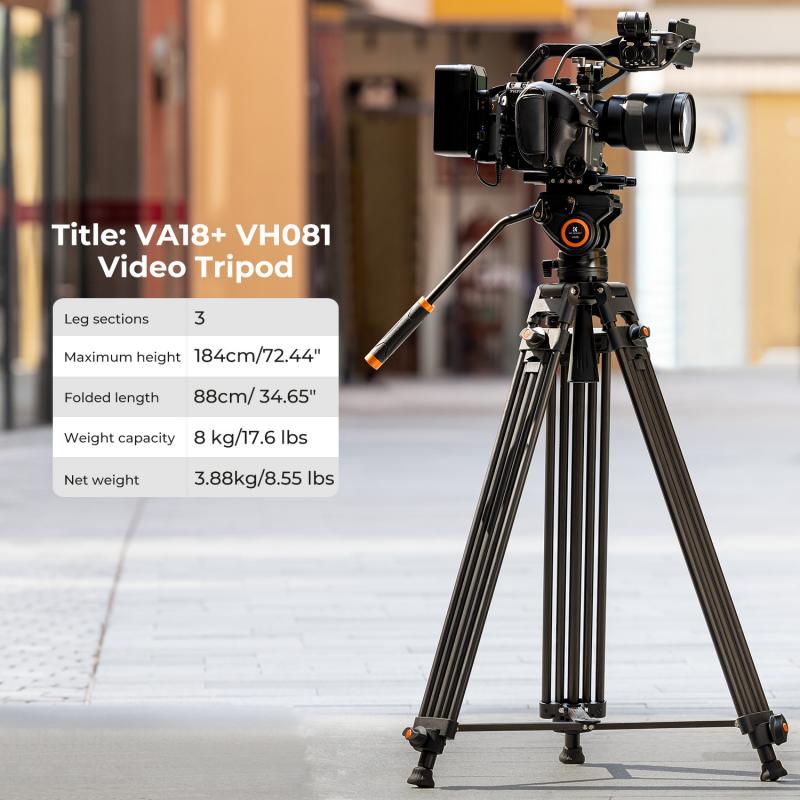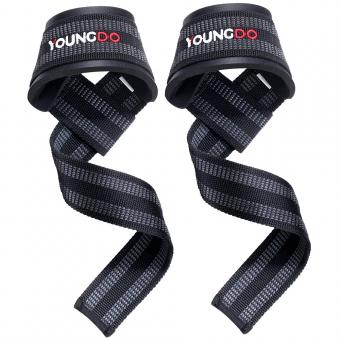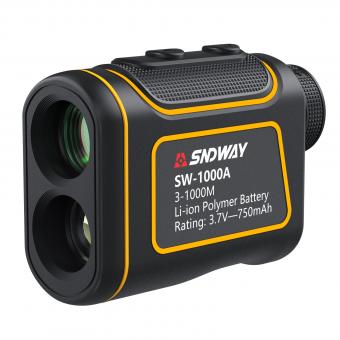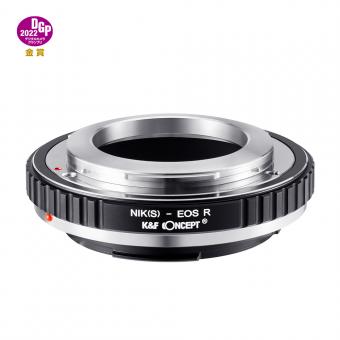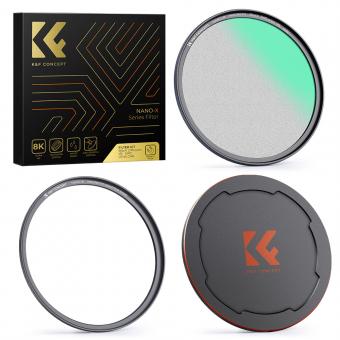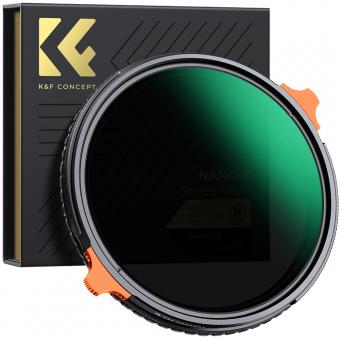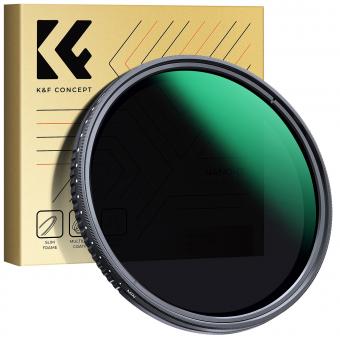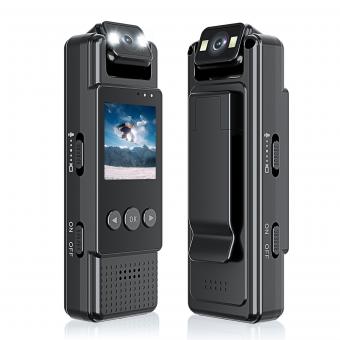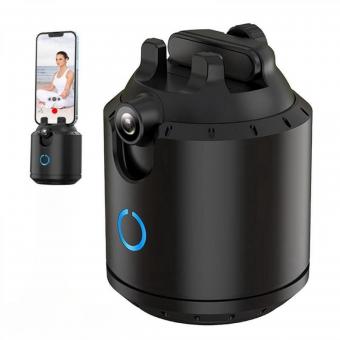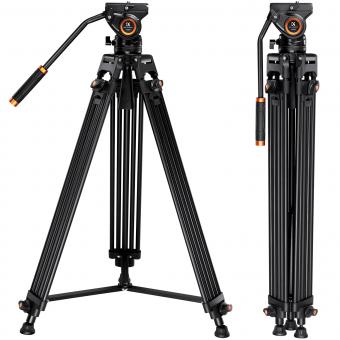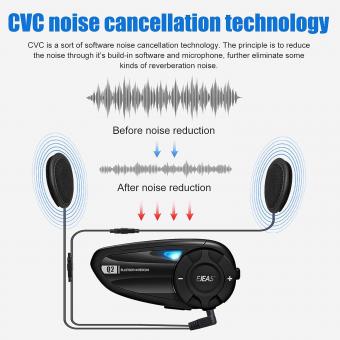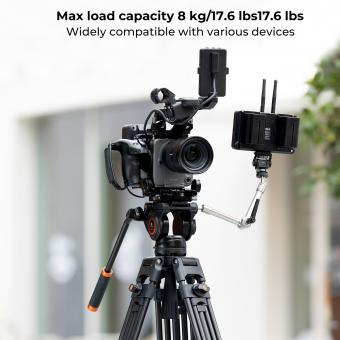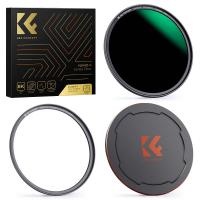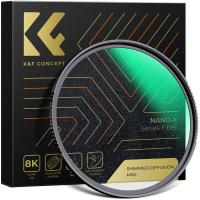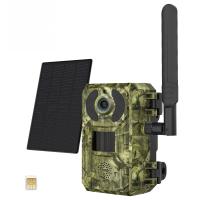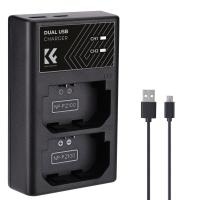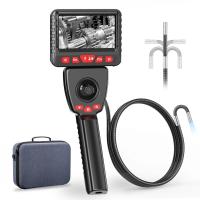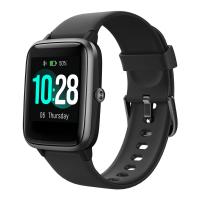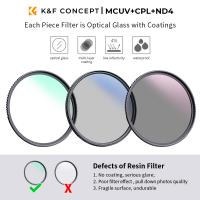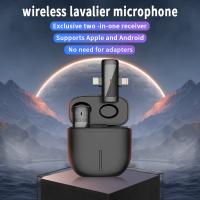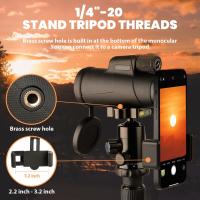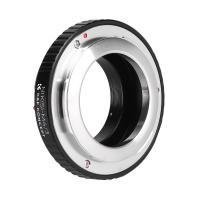Who Buys Camcorders ?
Camcorders are typically purchased by individuals who have an interest in capturing and recording videos. This can include amateur videographers, hobbyists, content creators, and individuals who enjoy documenting special events or moments in their lives. Additionally, professionals in fields such as journalism, filmmaking, and videography may also purchase camcorders for their work.
1、 Consumer demographics and purchasing behavior for camcorders
Consumer demographics and purchasing behavior for camcorders have evolved over the years due to advancements in technology and changes in consumer preferences. In the past, camcorders were primarily purchased by professionals in the film and television industry or by enthusiasts who wanted to capture high-quality videos. However, with the rise of smartphones and their increasingly advanced camera capabilities, the market for camcorders has shifted.
Today, the consumer base for camcorders is more niche and specific. It mainly consists of individuals who have a particular interest in videography or those who require professional-grade video recording for specific purposes. This includes content creators, vloggers, filmmakers, and hobbyists who want to capture high-quality videos with more control and flexibility than what a smartphone can offer.
Additionally, there is still a demand for camcorders among certain professional industries such as journalism, documentary filmmaking, and event videography. These professionals require camcorders for their superior image stabilization, zoom capabilities, and audio recording features.
It is important to note that the overall market for camcorders has declined in recent years due to the increasing popularity of smartphones and action cameras. These devices offer convenience and portability, making them more appealing to the average consumer who wants to capture casual videos on the go.
In conclusion, the consumer base for camcorders primarily consists of videography enthusiasts, content creators, and professionals in specific industries. While the market for camcorders has become more niche, there is still a demand for these devices among individuals who require superior video quality and advanced features that smartphones and action cameras may not provide.
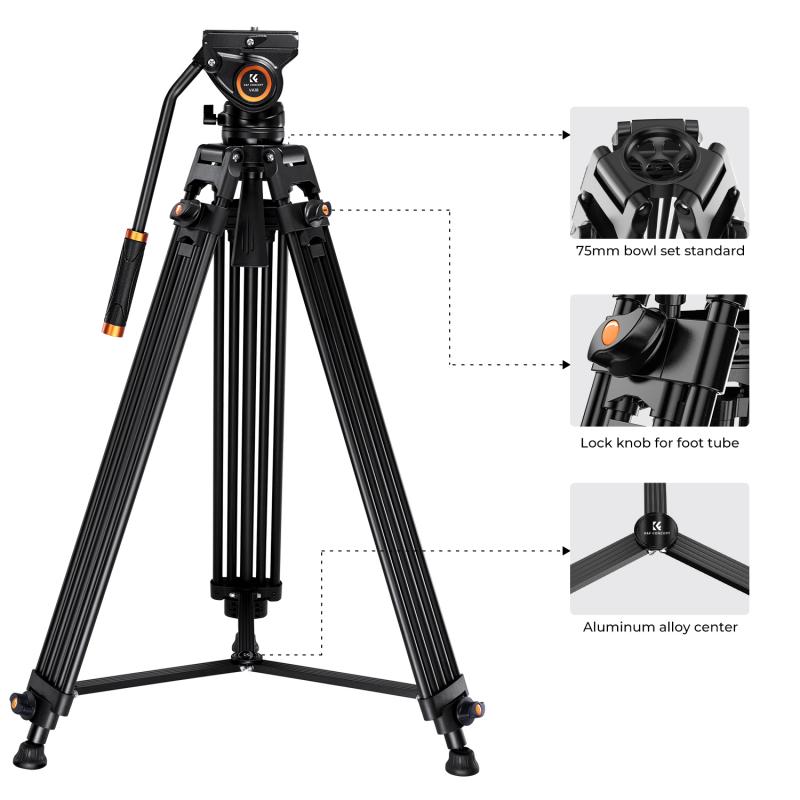
2、 Market trends and preferences in camcorder purchases
Market trends and preferences in camcorder purchases have evolved significantly over the years. In the past, camcorders were primarily purchased by professional videographers, filmmakers, and enthusiasts who required high-quality video recording capabilities. However, with the advent of smartphones and digital cameras, the market for camcorders has undergone a transformation.
Today, the demand for camcorders is driven by a combination of professional users and consumers looking for specialized features and superior video quality. Professional videographers and filmmakers still rely on camcorders for their advanced manual controls, interchangeable lenses, and superior image stabilization. They value the ability to capture high-resolution videos with professional-grade audio.
On the consumer side, there is a niche market that seeks camcorders for specific purposes. For example, vloggers and content creators often prefer camcorders due to their superior audio quality, image stabilization, and longer battery life compared to smartphones. Additionally, parents who want to capture high-quality videos of their children's milestones or sports events may opt for camcorders for their zoom capabilities and ease of use.
It is worth noting that the overall demand for camcorders has declined in recent years due to the increasing capabilities of smartphones and digital cameras. Many consumers find these devices sufficient for their video recording needs, especially for casual use. However, there is still a dedicated market segment that values the unique features and performance offered by camcorders.
In the latest point of view, the COVID-19 pandemic has also impacted the camcorder market. With the rise of remote work and virtual events, there has been an increased demand for camcorders among professionals who need to deliver high-quality video content from home. This trend highlights the continued relevance of camcorders in certain professional settings.
In conclusion, while the market for camcorders has become more niche, there is still a demand from professional videographers, filmmakers, vloggers, content creators, and parents who value the specialized features and superior video quality that camcorders offer. The latest trend of remote work and virtual events has also contributed to the demand for camcorders in certain professional settings.
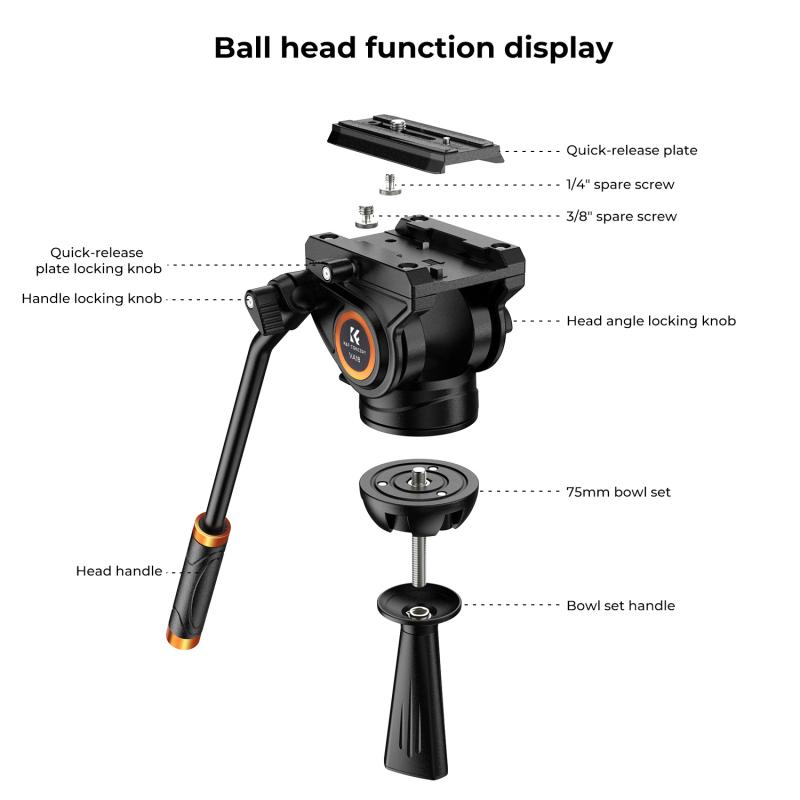
3、 Professional and amateur videographers as camcorder buyers
Professional and amateur videographers are the primary buyers of camcorders. These individuals rely on camcorders to capture high-quality video footage for various purposes, including filmmaking, documentary production, event coverage, and personal projects.
Professional videographers, such as those working in the film and television industry, often require advanced camcorders with features like interchangeable lenses, high-resolution sensors, and professional audio inputs. They use camcorders to create professional-grade videos with exceptional image quality and precise control over settings. These camcorders allow them to capture stunning visuals and achieve the desired cinematic look.
Amateur videographers, on the other hand, may have different needs and budgets. They are often enthusiasts or hobbyists who enjoy capturing videos for personal use or sharing on social media platforms. While they may not require the same level of professional features, they still seek camcorders that offer good image quality, ease of use, and affordability. Many amateur videographers also appreciate camcorders with built-in stabilization, Wi-Fi connectivity, and user-friendly interfaces.
In recent years, the rise of smartphones with advanced camera capabilities has impacted the camcorder market. Some individuals may opt to use their smartphones for video recording due to convenience and the availability of various video editing apps. However, professional videographers still prefer dedicated camcorders for their superior image quality, manual controls, and versatility.
Additionally, the emergence of vlogging and online content creation has created a demand for camcorders among a new generation of videographers. These individuals often require compact and lightweight camcorders with features like flip-out screens, built-in microphones, and good low-light performance to create engaging video content for their online platforms.
Overall, while the market for camcorders may have evolved with the advent of smartphones and changing consumer preferences, professional and amateur videographers remain the primary buyers of camcorders.
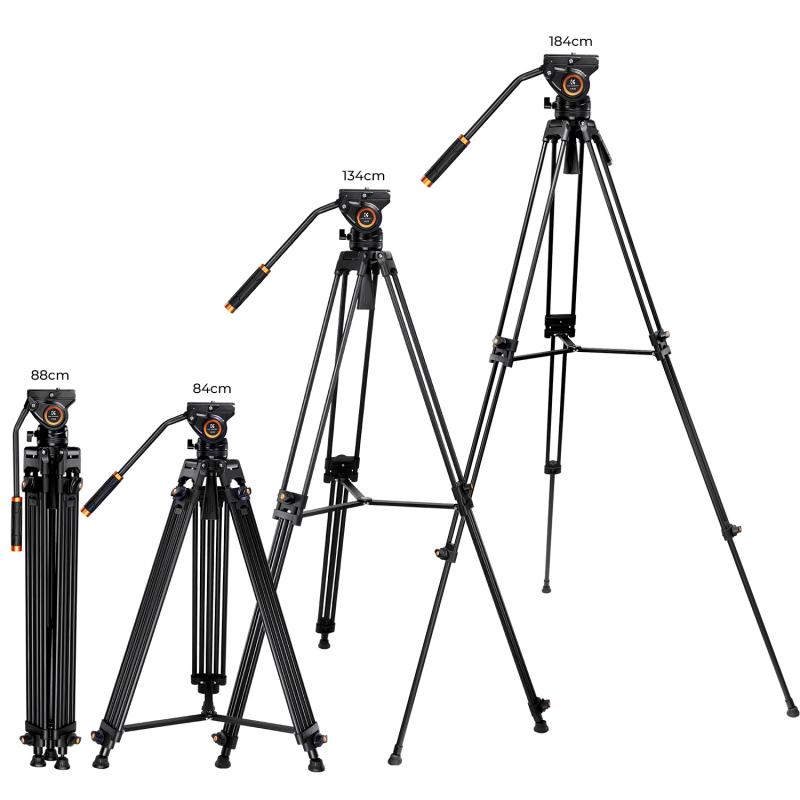
4、 Influences on camcorder purchasing decisions (e.g., price, features)
Influences on camcorder purchasing decisions can vary depending on the individual and their specific needs and preferences. However, there are several common factors that tend to influence the decision-making process.
One of the primary influences on camcorder purchasing decisions is price. Consumers often consider their budget and the value they will receive from the camcorder before making a purchase. They may compare prices across different brands and models to find the best deal that fits within their budget.
Features also play a significant role in camcorder purchasing decisions. Consumers look for specific features that align with their intended use of the camcorder. For example, someone interested in vlogging may prioritize a flip-out screen or built-in microphone, while a professional videographer may prioritize manual controls and interchangeable lenses.
Another influence on camcorder purchasing decisions is brand reputation. Consumers often trust well-known and established brands that have a track record of producing high-quality camcorders. They may also consider reviews and recommendations from friends, family, or online sources to gauge the reliability and performance of different brands.
The latest point of view in camcorder purchasing decisions is the increasing popularity of smartphones with advanced camera capabilities. Many consumers now rely on their smartphones for capturing videos, which has led to a decline in camcorder sales. However, there is still a market for camcorders among professionals and enthusiasts who require more advanced features and superior video quality that smartphones may not offer.
In conclusion, the influences on camcorder purchasing decisions include price, features, and brand reputation. While smartphones have impacted the market, there is still a demand for camcorders among specific user groups.
